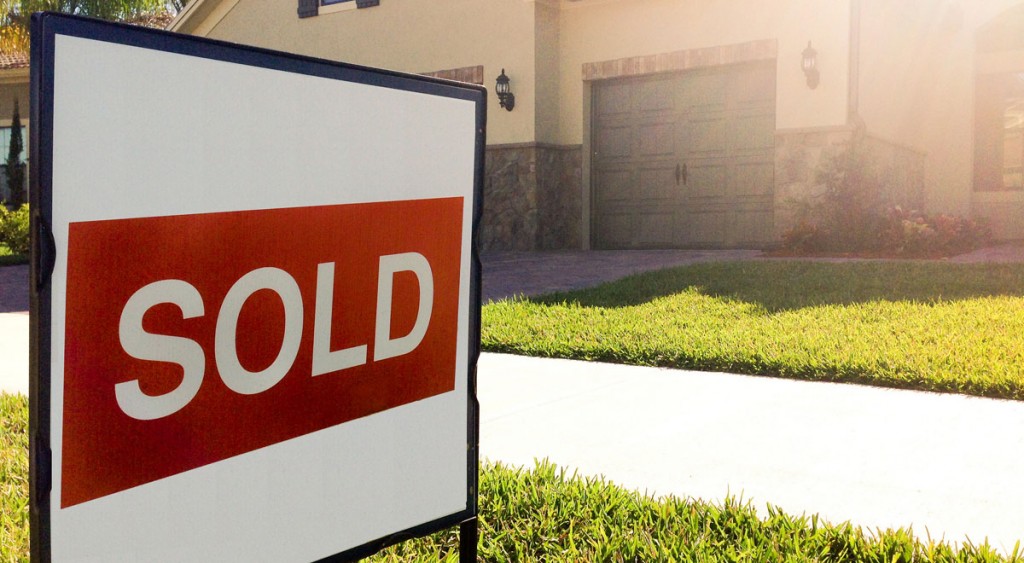Ontario doubles first-time homebuyer tax rebate
But expect to pay more if your home costs more than $2-million
Advertisement
But expect to pay more if your home costs more than $2-million
 In an effort to help first-time homebuyers—but not hurt the equilibrium of housing markets outside of Toronto—the Ontario Liberal government announced today that they’ll double the first-time homebuyers’ maximum Land Transfer Tax refund to $4,000.
This increased rebate will take effect January 1, 2017 and will mean that eligible homebuyers in Ontario would pay no Land Transfer Tax (LTT) on the first $368,000 of their home’s purchase price.
“With the doubled refund, more than half of first-time homebuyers in Ontario would pay no LTT on the purchase of their first home,” explained Ontario Finance Minister Charles Sousa, during a press conference this afternoon.
Sousa’s announcement was part of the provincial government’s Fall Economic Statement. The finance minister’s focus on helping first-time buyers highlights how unaffordable a home purchase has become, particularly in hot property markets, like the Greater Toronto Area.
Tim Hudak, the relatively new CEO of the Ontario Real Estate Association, had been calling for land-transfer tax breaks. In press statements made last week, he asked for help for first-time homebuyers to “help them get out of their parents’ house or get out of their apartment into a place of their own.”
The current land transfer tax rates—and their brackets—haven’t budged since 1989, and sit at:
Former Ontario Land Transfer Tax Rates
Home Purchase Price Tax Rate
Up to $55,000 0.5%
$55,000 to $250,000 1.0%
$250,000 to $400,000 1.5%
Above $400,000 2.0%
When the price brackets were first created, a $400,000 was considered the starting point for a luxury property. These days, however, a $400,000 home is no longer considered the benchmark for a luxury property in most parts of Ontario.
Under the new “modernized” land transfer rates, buyers of detached or semi-detached homes or condos or townhomes should expect to pay the following:
“Modernized” Ontario Land Transfer Tax Rates
Home Purchase Price Tax Rate
Up to $55,000 0.5%
$55,000 to $250,000 1.0%
$250,000 to $400,000 1.5%
$400,000 to $2-million 2.0%
$2-million and over 2.5%
Keep in mind, however, that buyers of multi-residential buildings (such as triplexes), commercial, industrial or agricultural properties will be required to pay 2% tax rate on any purchase price over $400,000.
In an effort to help first-time homebuyers—but not hurt the equilibrium of housing markets outside of Toronto—the Ontario Liberal government announced today that they’ll double the first-time homebuyers’ maximum Land Transfer Tax refund to $4,000.
This increased rebate will take effect January 1, 2017 and will mean that eligible homebuyers in Ontario would pay no Land Transfer Tax (LTT) on the first $368,000 of their home’s purchase price.
“With the doubled refund, more than half of first-time homebuyers in Ontario would pay no LTT on the purchase of their first home,” explained Ontario Finance Minister Charles Sousa, during a press conference this afternoon.
Sousa’s announcement was part of the provincial government’s Fall Economic Statement. The finance minister’s focus on helping first-time buyers highlights how unaffordable a home purchase has become, particularly in hot property markets, like the Greater Toronto Area.
Tim Hudak, the relatively new CEO of the Ontario Real Estate Association, had been calling for land-transfer tax breaks. In press statements made last week, he asked for help for first-time homebuyers to “help them get out of their parents’ house or get out of their apartment into a place of their own.”
The current land transfer tax rates—and their brackets—haven’t budged since 1989, and sit at:
Former Ontario Land Transfer Tax Rates
Home Purchase Price Tax Rate
Up to $55,000 0.5%
$55,000 to $250,000 1.0%
$250,000 to $400,000 1.5%
Above $400,000 2.0%
When the price brackets were first created, a $400,000 was considered the starting point for a luxury property. These days, however, a $400,000 home is no longer considered the benchmark for a luxury property in most parts of Ontario.
Under the new “modernized” land transfer rates, buyers of detached or semi-detached homes or condos or townhomes should expect to pay the following:
“Modernized” Ontario Land Transfer Tax Rates
Home Purchase Price Tax Rate
Up to $55,000 0.5%
$55,000 to $250,000 1.0%
$250,000 to $400,000 1.5%
$400,000 to $2-million 2.0%
$2-million and over 2.5%
Keep in mind, however, that buyers of multi-residential buildings (such as triplexes), commercial, industrial or agricultural properties will be required to pay 2% tax rate on any purchase price over $400,000.
Share this article Share on Facebook Share on Twitter Share on Linkedin Share on Reddit Share on Email